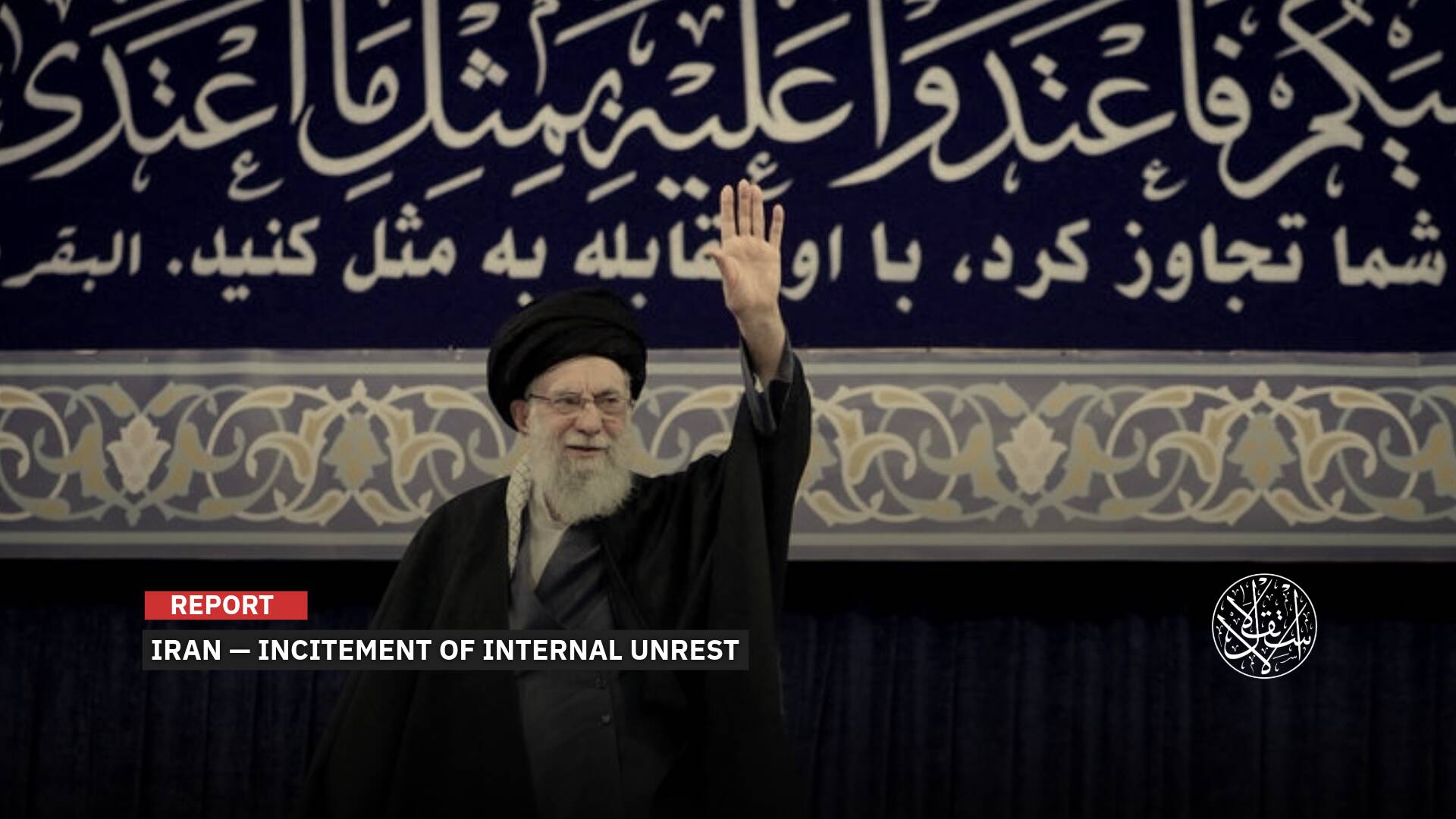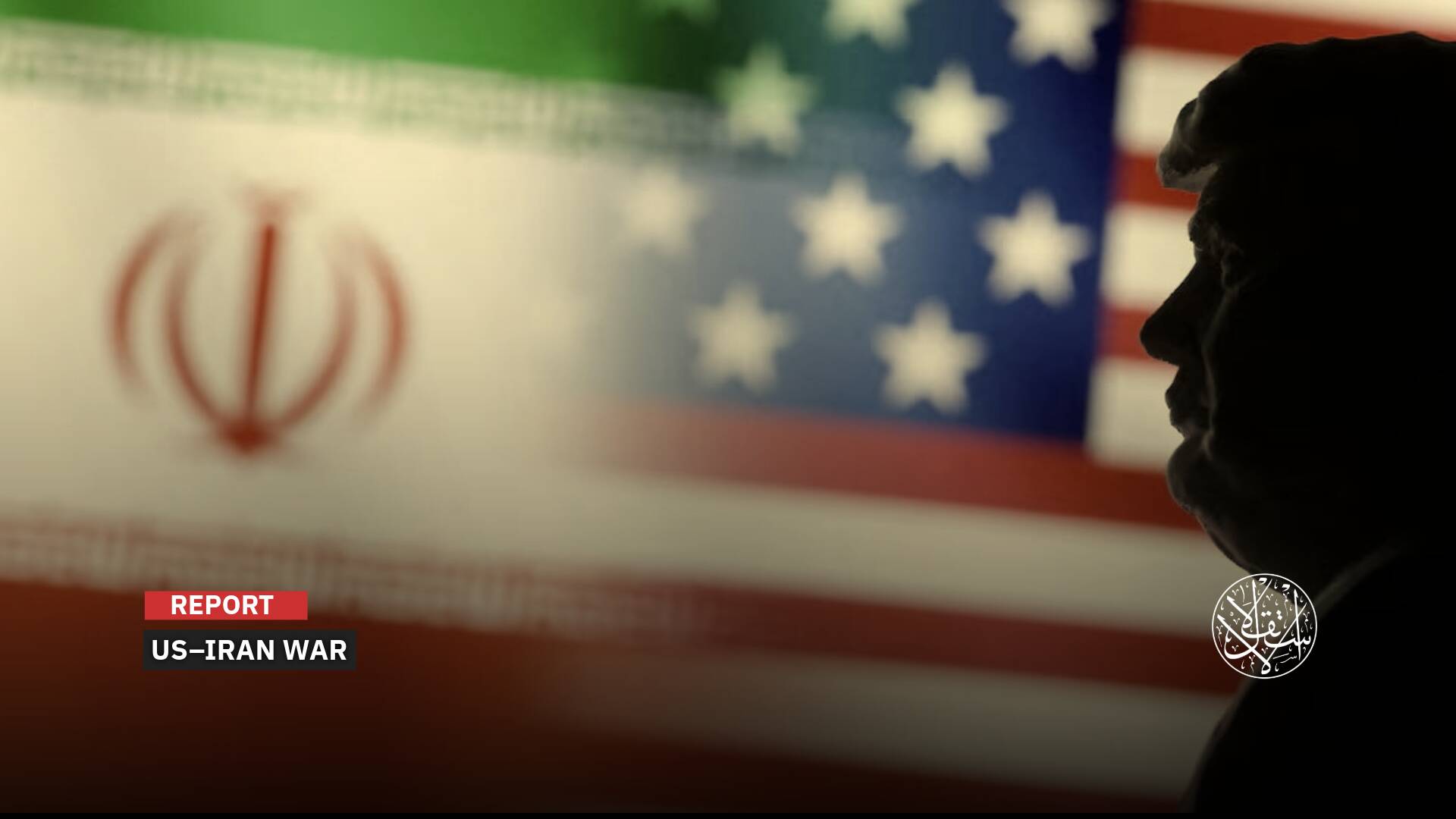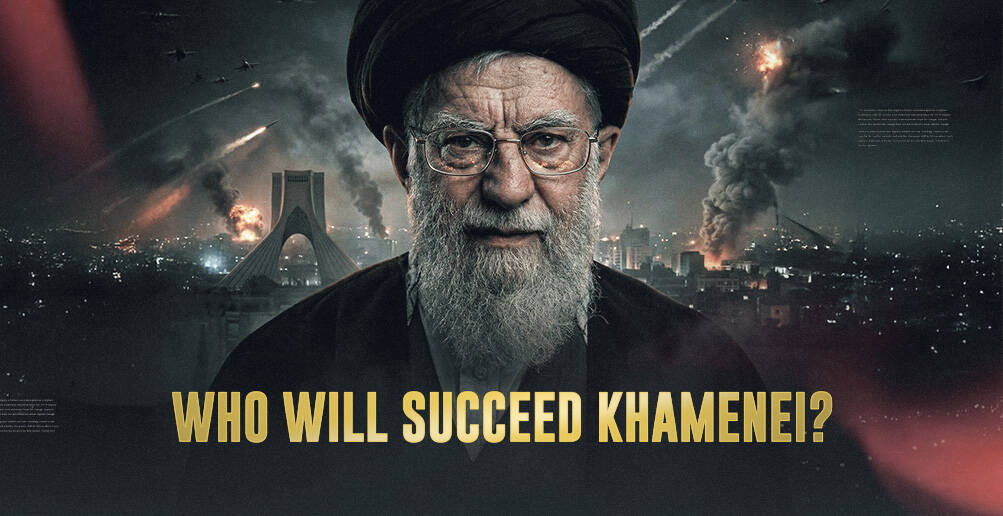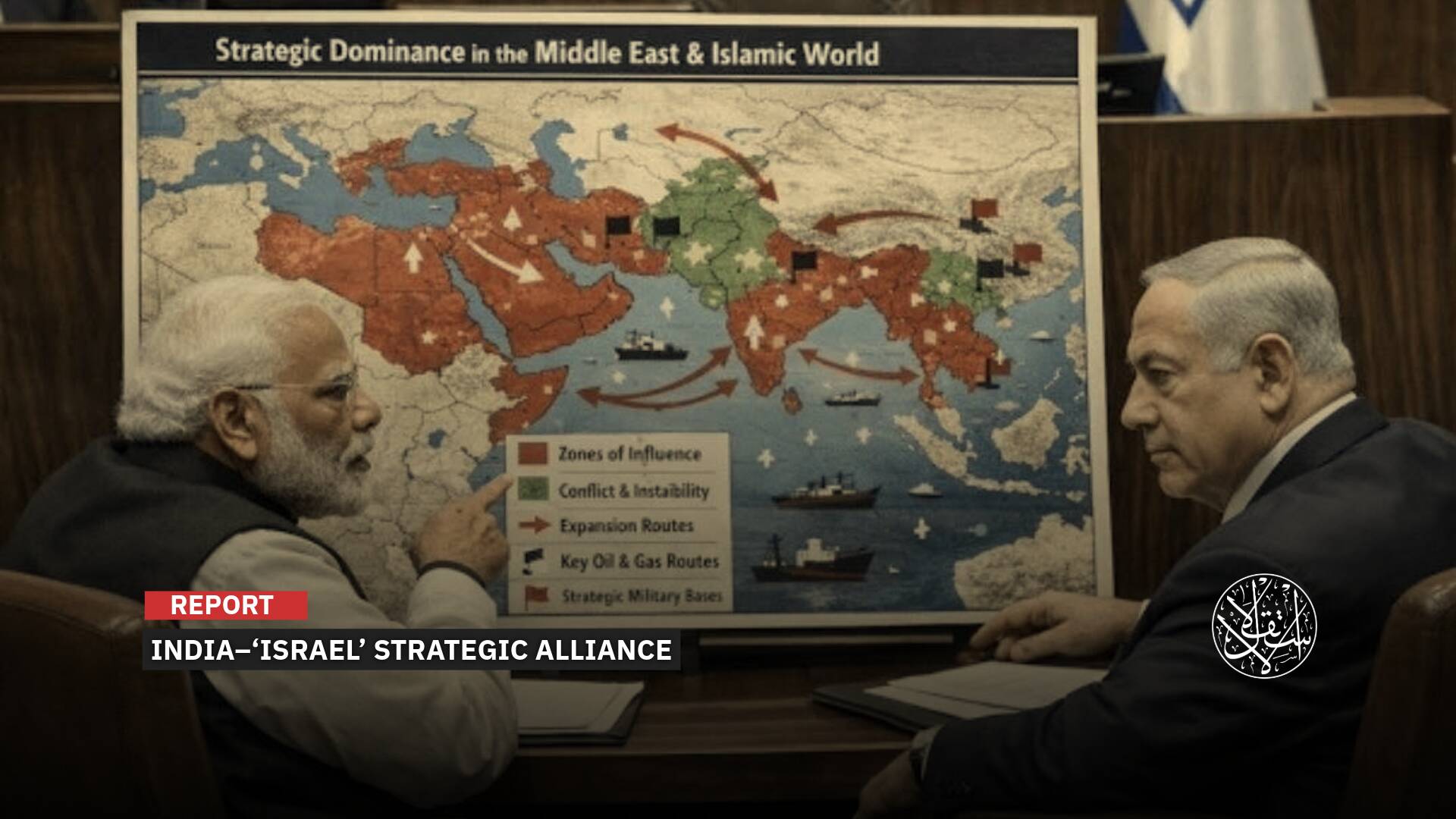Turkiye Steps In: What's Behind the Delay in Forming a New Government in Kurdistan?

The Patriotic Union of Kurdistan rules two provinces in Iraq's Kurdistan Region.
Two months after the parliamentary elections in Iraq's Kurdistan Region, the winning parties have still failed to form a new government, a power typically shared between the two main parties: the Kurdistan Democratic Party (KDP), led by Masoud Barzani, and the Patriotic Union of Kurdistan (PUK), headed by Bafel Talabani.
The elections, held on October 21, 2024, saw the KDP securing 39 seats, the PUK 23 seats, and the New Generation Movement coming third with 15 seats.
Other results included the Kurdistan Islamic Union with 7 seats, the National Stance Movement with 4, the Kurdistan Justice Group with 3, the People's Front with 2, as well as 1 seat each for the Gorran (Change) Movement and the Kurdistan Alliance.
The delay in forming a government, despite initial talks among the main parties emphasizing the importance of an agreement, has sparked widespread debate. Local reports suggest Turkiye's involvement in the crisis, aiming to sideline the PUK, which is known for its ties to Iran and the Kurdistan Workers' Party (PKK), designated a terrorist organization by Ankara.
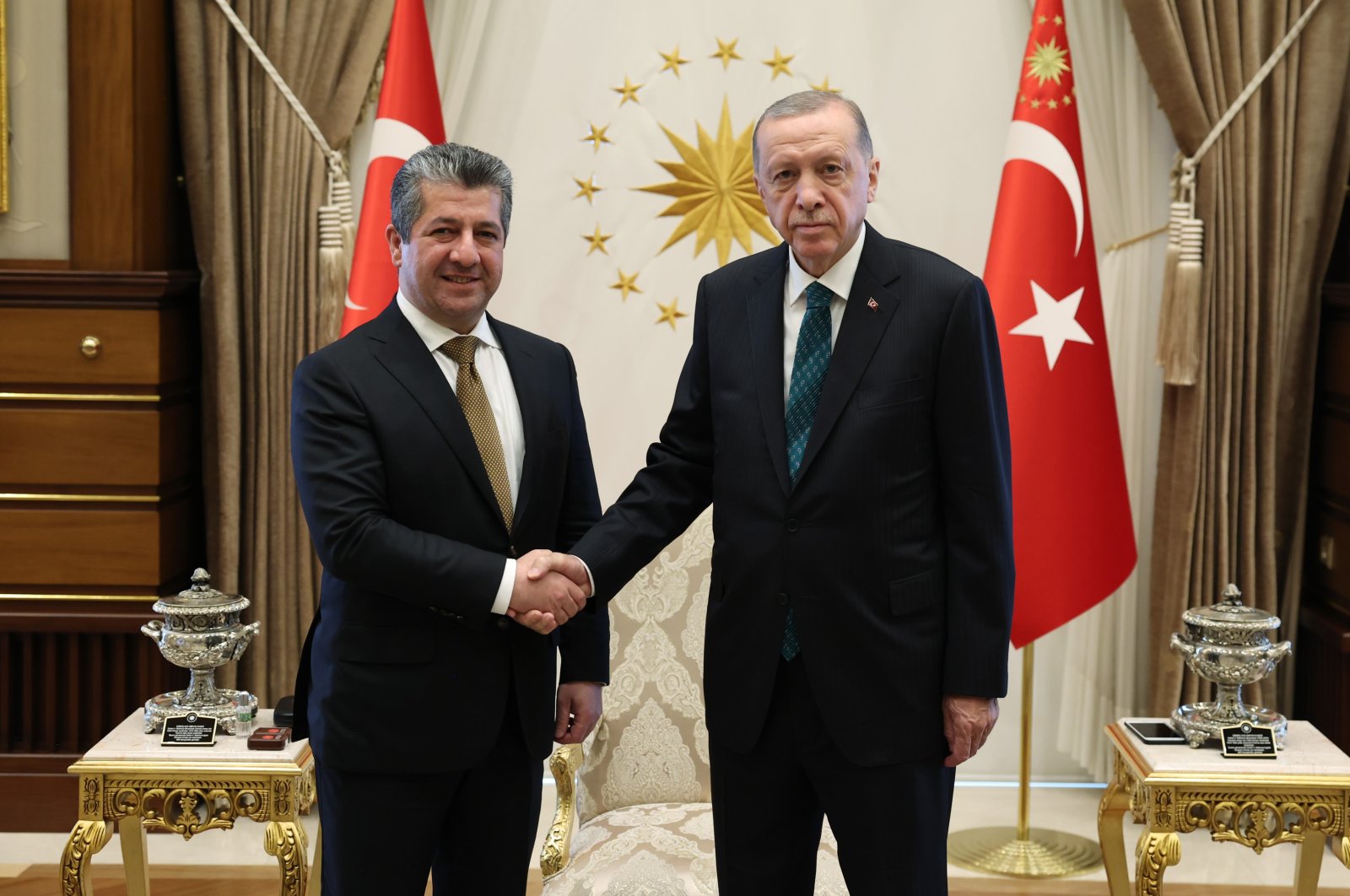
Turkiye's Role in Delays
Amid the ongoing delay in forming a new government in Iraq's Kurdistan Region, a report by al-Aalem al-Jadeed revealed that Turkiye is in talks with the Kurdistan Democratic Party (KDP) and the New Generation Movement, with a significant absence of Iranian influence in this round of negotiations.
According to the report published on January 9, 2025, Kurdistan Regional Government's outgoing Prime Minister, Masrour Barzani, held discussions during his visit to Turkiye, pushing for the formation of a new government.
The report highlighted that Barzani secretly met Shaswar Abdulwahid, leader of the New Generation Movement, during his visit. The discussions reportedly revolved around including the New Generation Movement in the regional government, offering them key positions such as the Parliament Speaker, Finance Minister, and Deputy President of the Kurdistan Region.
Barzani visited Turkiye on January 7, 2024, where he met with President Recep Tayyip Erdogan to discuss regional issues and security matters, as confirmed by official statements. He also held talks with Turkiye’s Foreign Minister, Hakan Fidan, in Ankara, exploring ways to strengthen ties between Ankara and the Kurdistan Region, along with updates on the broader situation in Iraq and the region.
The report suggested that Turkiye aims to capitalize on the current dynamics, including Iran's diminished role, as Tehran grapples with setbacks in Lebanon and Syria, and faces pressure regarding the dissolution of armed factions in Iraq.
Turkiye’s objective, as outlined, is to marginalize the Patriotic Union of Kurdistan (PUK), preventing it from dominating the government formation talks. If the KDP and New Generation Movement align, the PUK would have no choice but to accept their terms.
The report concluded that Turkiye is establishing itself as the dominant regional power, effectively sidelining Iran's influence in the formation of the Kurdistan government. Ankara is also sending a clear message to the Patriotic Union of Kurdistan (PUK), insisting on compliance with its demands and a cessation of ties with the Kurdistan Workers' Party (PKK).
The PUK, which governs the Sulaymaniyah and Halabja provinces, as well as Kirkuk, has long been at odds with Turkiye. Ankara accuses it of supporting the PKK and has conducted numerous airstrikes on Sulaymaniyah targeting PKK elements.
Since April 2023, Turkiye has closed its airspace to flights from Sulaymaniyah, citing heightened PKK activity in the city, claiming militants use the airport as a base to threaten Turkish security.
In contrast, the KDP holds sway over Erbil and Duhok provinces, controlling their internal revenues, border crossings, and security forces, maintaining exclusive authority in these areas.

The Current Fact
Regarding Turkiye's potential influence in sidelining the Patriotic Union of Kurdistan (PUK), Kurdish political analyst Yasin Aziz noted that “regional and even international interventions play a role in the formation of the Kurdistan Regional Government, given its importance to those parties.”
“Such interventions are relative and won’t fundamentally alter the realities of the Kurdistan Region, especially considering the necessity of an agreement between the two dominant parties: the Kurdistan Democratic Party and the Patriotic Union of Kurdistan, each controlling distinct geographic areas,” Aziz told Al-Estiklal.
“This dynamic makes it impossible to form a unified government controlling the entire region without their agreement.”
Aziz speculated that Masrour Barzani likely addressed this issue during his visit to Ankara, alongside other critical topics such as resuming oil exports and regional developments, particularly in Syria following the fall of Bashar al-Assad’s regime.
The political analyst also argued that while the New Generation Movement achieved a notable result in the elections, it is unlikely to replace the PUK, which dominates its territory. As a result, the movement's role will likely remain limited to media and political activities.
On the delay in forming a government, Aziz said “this was expected, as similar delays have occurred in previous terms due to the challenges both major parties face in reaching an agreement on the allocation of senior positions and new ministerial portfolios.”
However, “agreements might be reached faster this time due to pressing regional developments necessitating a resolution.”
“Forming a government requires the cooperation of the two primary parties, given their parliamentary majority, with minor, symbolic participation from other parties expected,” he concluded.
In this regard, Sarwa Abdulwahid (Sashwar’s wife), the leader of the New Generation bloc in the Iraqi Parliament, outlined clear conditions for the movement's participation in forming the next government during a television interview on January 7.
“Either a member from the movement should assume the role of prime minister, or the bloc should be granted the majority of ministerial positions [half plus one],” she said.
“The remaining positions would be distributed among other parties interested in leading the government.”
Abdulwahid noted that the New Generation Movement has yet to receive an official response to this proposal, adding, “We will not wait for long, and if the silence persists, we may shut the door to negotiations.”

Possible Delay
In contrast, Kurdish writer and political researcher Saman Shali attributed the delay in forming the government to disputes between the two main parties over the allocation of positions.
In an article published on Kurdistan 24 on January 12, Shali noted that both parties must work more seriously in 2025 to reach an agreement on forming a new government that serves the people, as the delay causes public concern over their wrong choices in the parliamentary elections.
“The formation of the government may be postponed until after the Iraqi parliamentary elections at the end of 2025, reflecting the complex political dynamics in the region. This would be devastating for the Kurdistan Region and its allies.”
Similarly, al-Hurra published a report on December 11, 2024, confirming that achieving consensus seems difficult amid rising demands from the parties, along with the ongoing disputes and intra-party conflicts.
The report explained that the Patriotic Union of Kurdistan, which won 23 seats, has raised its demands, calling for the position of president of the Region or prime minister, or for a rotation of these roles with the Kurdistan Democratic Party, with each party holding the position for two years.
The website quoted a PUK leader, Ghayath al-Sourji, who stated that “most of the winning parties in the parliamentary elections do not want to participate in the government, based on the statements of their leaders, except for his party and the KDP.”
“Forming the regional government will not be difficult if both parties show goodwill and a sincere intent.”
“The balance of power in these elections has changed, and there is no absolute winner who can form the government alone. Therefore, consensus is necessary,” he said.
The PUK leader explained that his party demands one of the two positions in the new government, either the president of the Region or the prime minister, and will not accept the positions it held previously.
Al-Sourji also said the delay in forming the government could trigger a new legal challenge for the Region, with opposition parties potentially turning to the Federal Court to either force the formation of the government or invalidate the election results. “The KDP would not risk forming an alliance with another party while excluding the PUK.”
Sources
- Will the Kurdistan Regional Government be headed by the new generation? [Arabic]
- Turkiye Steps Into Kurdistan Government Formation: Is the PUK Being Sidelined? [Arabic]
- Challenges Facing the Kurdistan Regional Government in 2025 [Arabic]
- After a Drone Incident and Governor Appointment: Will Turkiye Sanction Kirkuk? [Arabic]
- A Bitter Reality: The Rocky Road to Forming Iraq’s Kurdistan Government [Arabic]
- Masrour Barzani, Prime Minister of the Kurdistan Region, Visits Turkiye [Arabic]


